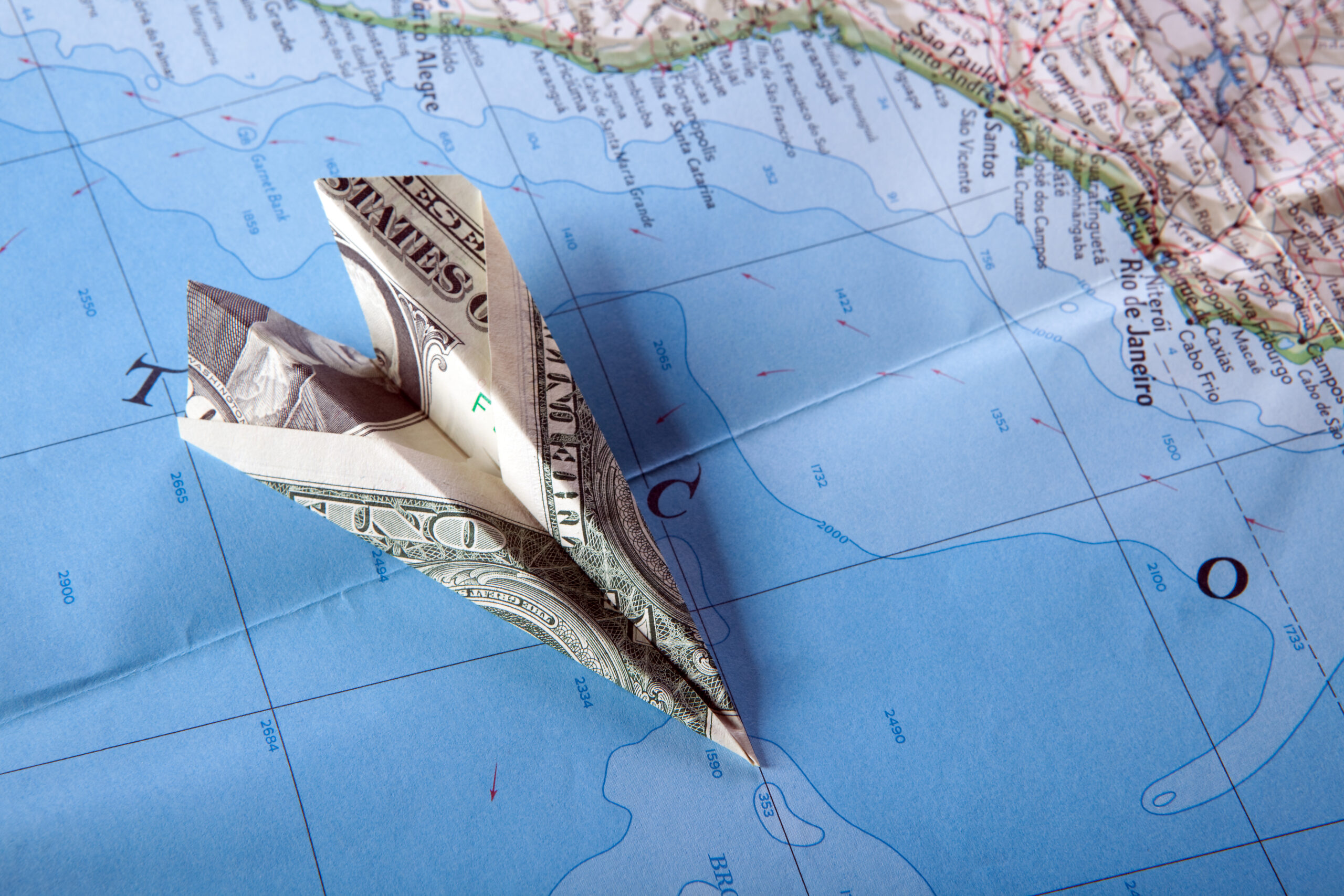Around the world, governments face great budgetary pressure relating to multiple crises, including climate change and, in some cases, unsustainable levels of debt. This week’s Summit for a New Global Financing Pact, hosted by French President Emmanuel Macron, is meant to focus the world’s attention on ways to find the revenues needed to address these crises.
The needs are staggering. Some economists suggest that developing and emerging market countries need at least $1 trillion by 2030 to combat climate change. A number of countries have recently buckled under debt distress and defaulted on their loans. Established processes for restructuring debt have been painfully slow and come at a high cost to the majority of the populations in these countries.
Global efforts to raise more public money to support developing countries remain crucial, but without additionally addressing illicit financial flows (IFFs) which rob developing and developed countries of billions of dollars a year, these laudable efforts will be severely undermined.
The expected absence of many heads of state from the Global North in this week’s summit is conspicuous. Another important absence, though, is an open discussion of the role that major Global North nations play in facilitating illicit financial flows. For nations sending key officials instead, such as U.S. Treasury Secretary Janet Yellen, curbing IFFs must become part of the solution set at the Summit. Left unaddressed, IFFs will undermine progress toward creating a new “global financing pact”.
Estimates suggest that an estimated $88 billion in illicit financial flows leave the African continent annually, robbing governments of needed revenue that could be used to address the climate crisis and meet the UN’s Sustainable Development Goals. This figure, equal to almost four percent of the continent’s GDP, must be reduced for the continent where climate change is projected to hit hardest. At its current rate, climate change is estimated to displace as many as 700 million Africans by 2030 due to water scarcity. As a historic contributor to global greenhouse gas emissions, the U.S. has an obligation to right these wrongs.
Since 2020, a record fourteen nations have entered into sovereign default, including nations such as Ukraine and Zambia. Joint action by all creditors is needed to standardize a framework to restructure the debt for countries in default and debt distress. Scaled up lending, refinancing, and loan forgiveness are currently being discussed, but Global North countries also need to address their roles in allowing IFFs to leave developing countries in order to stop the debt crisis cycle.
By looking at the debt crisis and climate change through the lens of IFFs, it is clear the U.S. needs to readjust its approach or risk further destabilizing the Global South through inaction. Prior to the second Summit for Democracy in March, global civil society groups joined the FACT Coalition in calling on the U.S. to advance financial transparency and anti-money laundering reforms to help end America’s status as the easiest place to hide dirty money.
As a contribution to the global fight against IFFs, the U.S. must fully implement the Corporate Transparency Act to help end the scourge of anonymous shell companies used to evade taxes and hide dirty money. The U.S. must also move quickly to address money laundering in U.S. real estate and private investment markets. Finally, the U.S. is one of the few remaining democratic nations without strong anti-money laundering standards for so-called financial enablers, such as lawyers, accountants, and company formation agents, some of whom help criminals move illicit funds into the U.S. financial system. Along with supporting scaled up financing for developing countries, renewed U.S. focus on domestic reforms to tackle IFFs would help alter the global trajectory on climate and debt.
IFF-related losses in the Global South have the potential to total over $1 trillion annually. In many ways, the U.S. is both part of the solution and part of the problem in solving the twin crises of climate and debt. With only a few months until the UN General Assembly, during which important meetings on “Financing for Development” and achievement of the Sustainable Development Goals will be held, now is the time for Secretary Yellen and other international leaders to recommit to the global fight against IFFs as an important component in reaching these goals.
The world is significantly off-track and unlikely to meet many of the Sustainable Development Goals, according to a 2023 progress report. Only 12 percent of the targets are still on track to be met, and the UN Secretary General has stated that the current financial architecture and jurisdictional non-cooperation on IFFs impair the 2030 Agenda.
In Paris, Global North leaders must not dodge their own governments’ responsibilities in enabling the scourge of IFFs which undermine efforts to address the climate and debt crises, as well as the achievement of the Sustainable Development Goals. If they do, the problem of IFFs will continue to fester, and substantial public funds needed to address crises facing the Global South will continue to find their way back to Global North secrecy jurisdictions.

